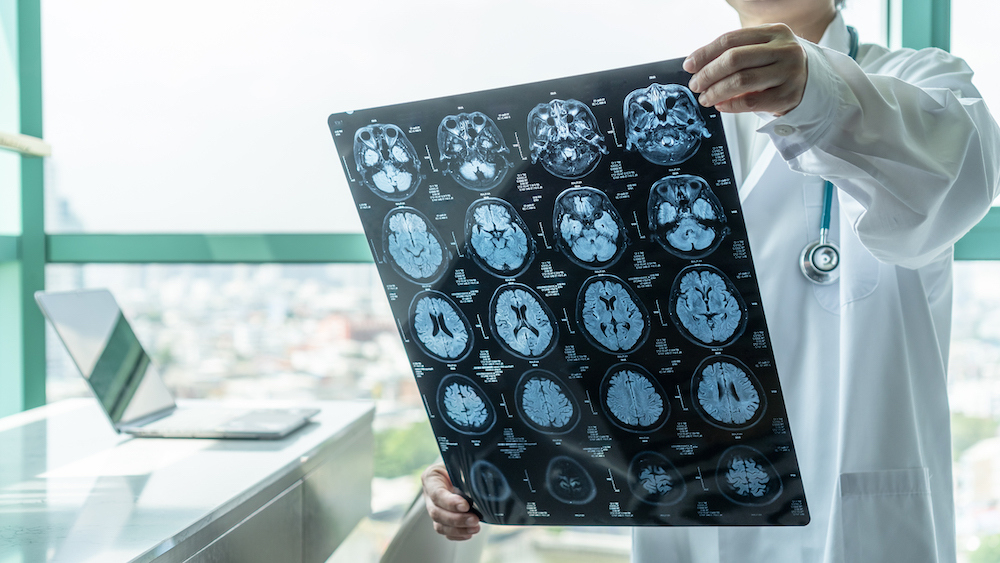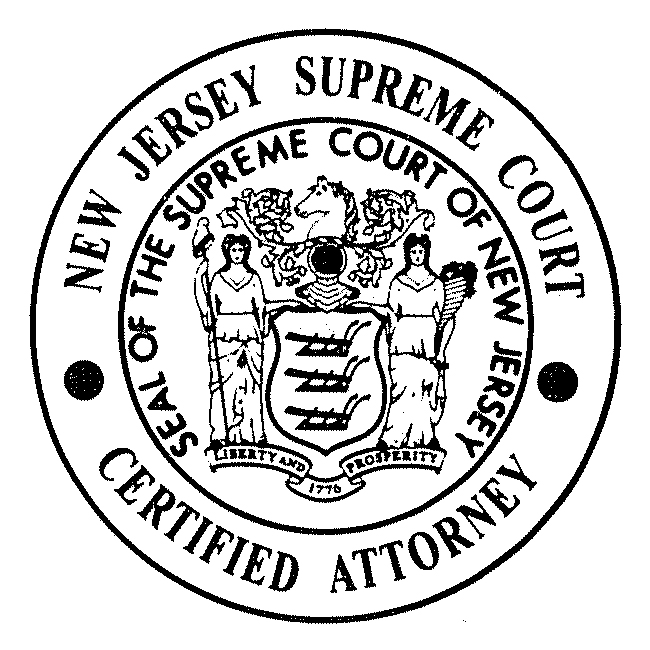What you need to know about the new fda-approved concussion tests

In the medical industry, concussion injuries are commonly referred to as traumatic brain injuries (TBIs). Concussions are one of the most dangerous injuries because emergency rooms across the U.S. treat nearly three million of these cases every year. Another problem with TBIs is that they are not always easy to diagnose as existing methods may be either too costly or inaccurate. That’s why the FDA (Food and Drug Administration) has approved a couple of new concussion tests to ensure that patients receive proper treatment and achieve optimal recovery.
The Issue with Traditional CT Scans and Cognitive Tests
- CT (computerized tomography) scans
This is a rather expensive imaging test that subjects the patient to radiation in order to create images of his or her brain. Although this method is considered effective, patients tend to incur additional medical costs.
- Basic cognitive tests
This assessment method involves evaluating patients’ responses by requesting them to perform various cognitive tasks. This method, however, is inherently subjective and often requires a baseline result (of a non-injured individual) to compare against. Oftentimes, this method is susceptible to error because some patients may have memorized the correct responses to appear healthy, which is common among military personnel and athletes. Some individuals are just more motivated than others to avoid being sidelined for an injury.
New TBI Diagnostic Test A: The EyeBOX
Developed by Oculogica, the EyeBOX tracks a patient’s eye movements as he or she watches a four-minute video. This diagnostic test is non-invasive, is suitable for emergency room settings, requires no baseline measurement, provides an entirely objective standard, and can even be completed in a matter of minutes. That’s why this method is suitable for use in both pediatric and adult patients (between ages five to 67). The EyeBOX also remains accurate (an 84 percent accuracy rate) for months after the initial injury.
New TBI Diagnostic Test B: Banyan Brain Trauma Indicator
When the brain responds to a TBI, it may release certain proteins into the bloodstream. The Banyan Brain Trauma Indicator is a blood test that’s designed to measure the levels of those proteins. The great thing about this method is that it has passed its clinical trials with flying colors. The Banyan Brain Trauma Indicator managed to reveal evidences of brain tissue damage 97.5 percent of the time. Because the blood test is relatively quick, test results can often be acquired within three to four hours. The proteins of the patient, however, need to be measured by the test within 12 hours of the injury and their release.
Never Delay Medical Treatment and Legal Assistance
Now that you have a clearer picture on what FDA-approved tests you can take after sustaining a concussion, it is important to get prompt and accurate diagnosis of TBIs to ensure short-term safety. Avoid returning to normal activities too soon because they may heighten the risk of more serious head injuries or lead to profound disability or even death. If you or a loved one has suffered a TBI as a result of negligence, it is also important to consult with an experienced personal injury attorney with regards to seeking compensation for any losses caused by trauma. This way, you do not experience bill shock, which is also distressing for many individuals.
 CALL NOW
CALL NOW






